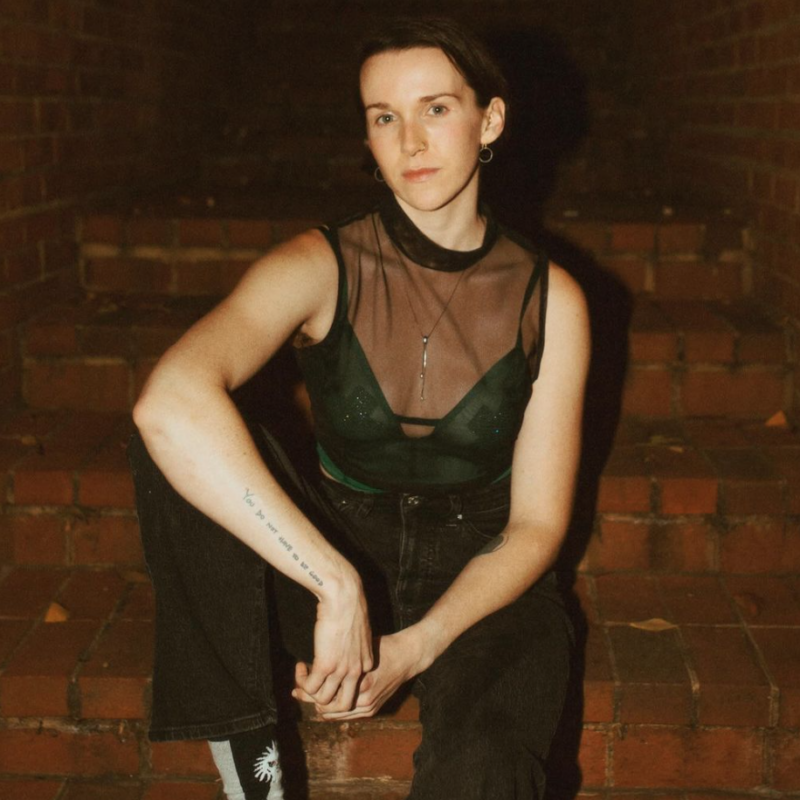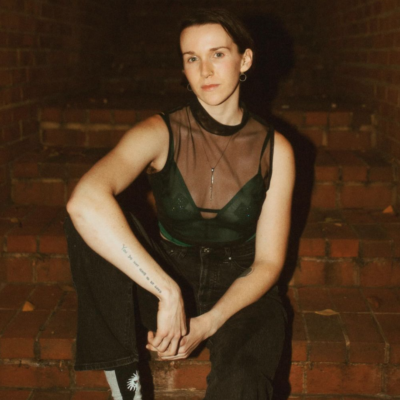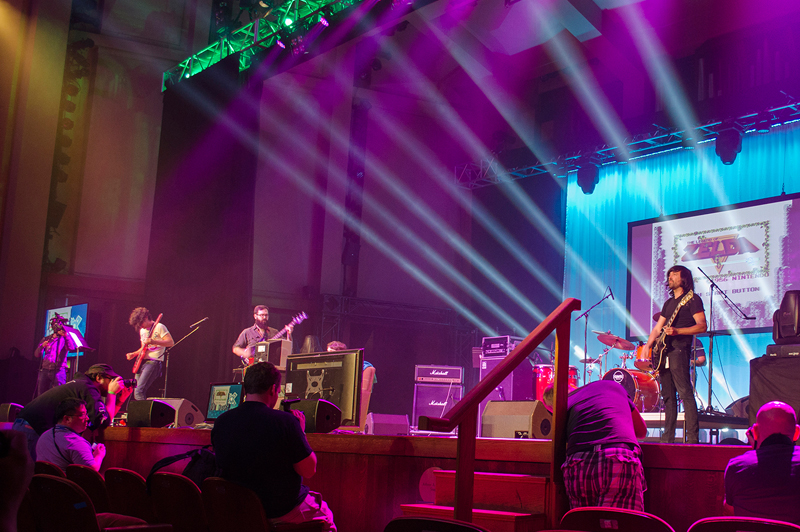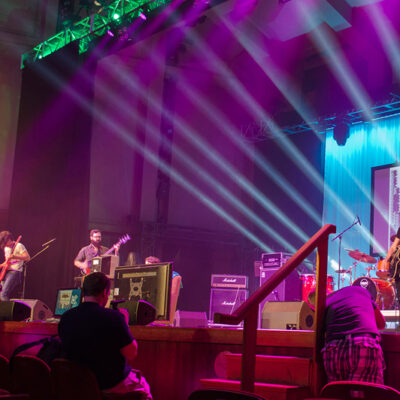When Blue Valentine comes to a theater near you, it will be preceded by its reputation. Given the automatic buzz of indie golden-boy director Derek Cianfrance returning from documentaries to narrative features with a film reportedly a dozen years in the making, the dust-up about its rating—NC-17, until the Weinstein Company successfully appealed for R—seems now like a patient PR strategy. While that matter was being settled, the film racked up appearances on many critics’ yearly favorites lists.
|
Ryan Gosling and Michelle Williams star in indie darling Derek Cianfrance’s romantic drama, which was almost sidelined because of an NC-17 rating. |
Cianfrance has said his two essential boyhood nightmares were of nuclear war and his parents divorcing. Blue Valentine explores a vision of the latter with the ominous scorching force of the former. It begins apocalyptically enough, with a small child wandering alone in a field and worriedly calling for her dog. She doesn’t even bother calling for her parents, who are played by Ryan Gosling and Michelle Williams.
I first laid eyes on the film at the 2010 Sundance Film Festival. At the time another Williams vehicle, Wendy and Lucy, was fresh enough in the memory for my notebook to record this first impression: “Indie naturalist Michelle Williams and another lost dog, eh?” And as it unfolded, I revised: “vaguely pretentious portrait of a working-class (yet suspiciously hipsterish) marriage in decay.”
So maybe I could have been more receptive. Blue Valentine’s values, after all, are easy to appreciate. Nodding with gratitude to the influential vérité director John Cassavetes, Cianfrance rebukes standard-issue glamour with bracing emotional authenticity. The actors very clearly are on board, giving all they’ve got to their many intimate closeups. But then, they are glamorous—quite attractive to us even as their characters progress from cutesy ukulele-intensive courtship to the savage quagmire of recriminations. And it seems like that progress occurs only because it must in order to have a movie.
Not that drama for drama’s sake is so off base in a film about young people in a troubled relationship. It’s just that even after the first impressions have been revised, and the reputation has been built, I’m still left with the hollowness of it all. If anything (aside from the hollowness) gives this away as a project begun in the late ’90s, it’s the nonlinear narrative structure; it suggests that perhaps the story might not amount to much if played linearly.
The end result is a kind of swaggering asceticism, and how authentic is that? It’s probably no use to recommend Maren Ade’s Everyone Else, a similar but superior picture, as that one’s even harder for the average audience to come by.
/BLUE_VALENTINE.jpg)





